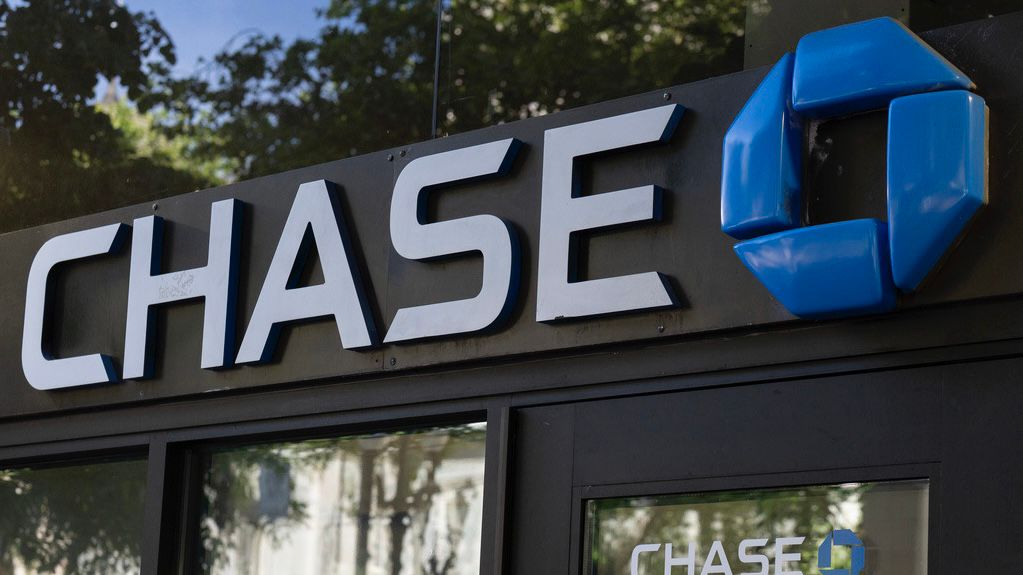Bussiness
Chase warns about adoption of new federal rules

JPMorgan Chase is warning that banking customers may soon have to pay for many of the services they now receive for free.
Proposed federal rules capping non-sufficient funds and overdraft fees could have a “profound” effect on everyday Americans, the banking giant says.
“The industry is facing an onslaught of regulatory and potential legislative change,” JPMorgan Chase CEO of Consumer and Community Banking Marianne Lake said in May during the bank’s investor day.
In January, the Consumer Financial Protection Bureau proposed rules aimed at eliminating so-called junk fees that the agency says cost Americans billions of dollars each year. One rule could reduce the overdraft fees banks charge consumers from $35 to $3. According to the agency, about 23 million U.S. households pay overdraft fees annually. The rule change would save those consumers about $150 per year.
The CFPB also proposed prohibiting nonsufficient funds fees on transactions that were “declined with no significant perceptible delay after the consumer initiates the transaction,” including those involving debit cards, ATMs and some peer-to-peer payment apps. The new rule classifies such fees as abusive practices under the Consumer Financial Protection Act.
Credit-card late payment fees could also be capped at $8.
Lake said the proposed rules have not been adequately studied and will impact consumers “who can least afford it.”
If the rules are adopted, she said, “it is reasonable to expect the industry will make sweeping changes to how products and services are offered and priced.”
Credit will become “much more expensive and free checking may only be attainable for the most affluent Americans,” she said.
The consumer and commercial banking arm of JPMorgan Chase, Chase has about 80 million consumer and 6 million small business customers in the United States.









